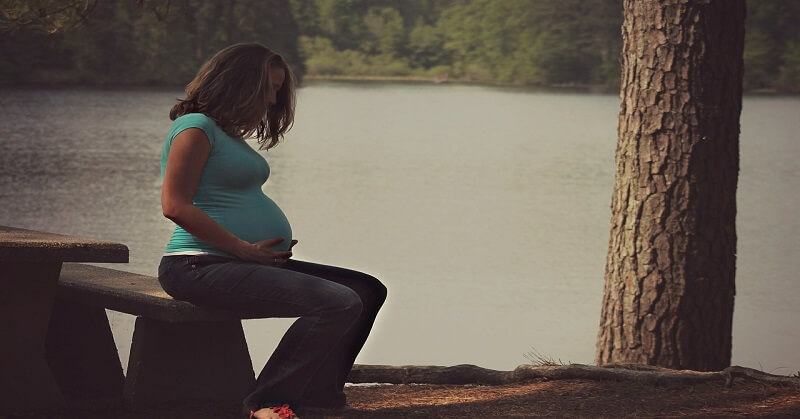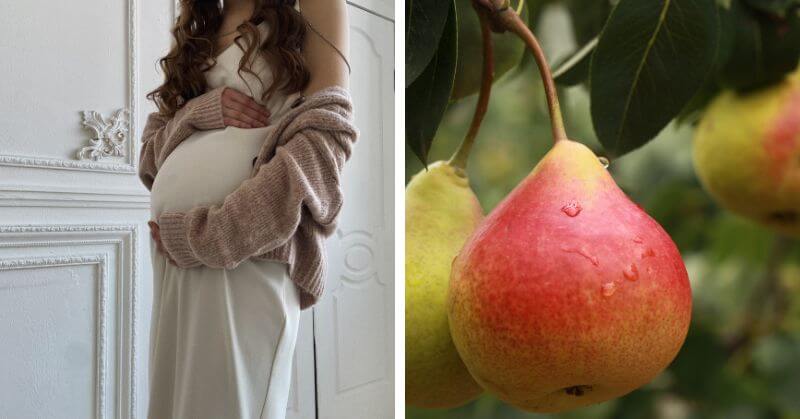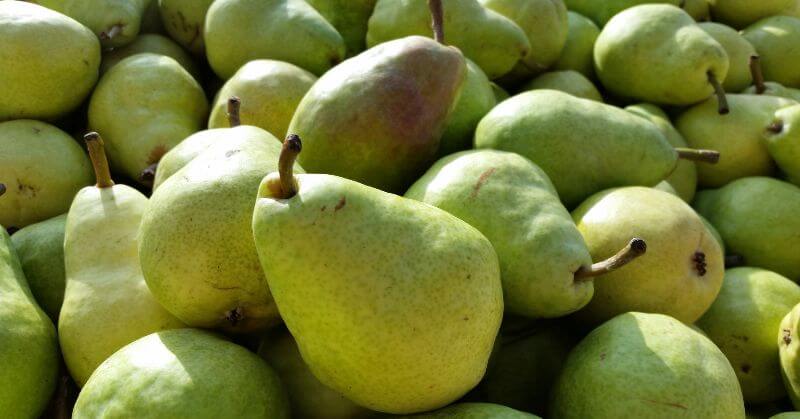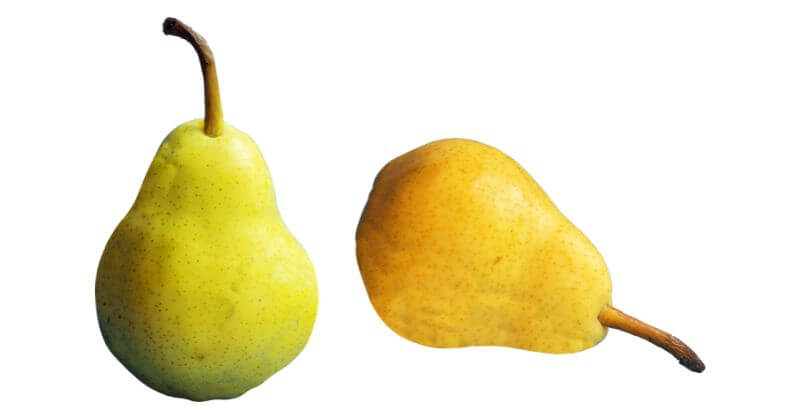Should you consume pears during pregnancy? A pear isn’t one of the many foods a pregnant woman should avoid. Consuming a pear while pregnant is a healthy and safe option. The vitamin, mineral, and other nutrient content of pears is high. In this piece, I’ll go over in detail the reasons why eating pears during pregnancy is a good idea.
Can I Eat Pears During Pregnancy?

When pregnant, is it safe to eat pears? Pears are safe for pregnant women to eat, in general. Pears, like all other fruits and vegetables, should be washed thoroughly before being consumed. You should also think twice before eating a very ripe pear while pregnant, as it may comprise bacteria that could be harmful to the developing baby.
Pears are an excellent choice if you’re pregnant and looking to add more fruit to your diet. Just make sure to thoroughly wash them and stay away from overly ripe pears.
Persimmons are good for you while you’re expecting. Are you pregnant and in search of some tasty and healthy fruit to eat? If so, pears are a healthy option during pregnancy.
Advantages of Eating Pears During Pregnancy
Some Advantages are as follows:
- There may be some benefits to eating pears while pregnant due to their high fiber, vitamin C, and potassium content. They are ideal for pregnant women to consume because of their low caloric content and high nutritional value.
- You and your baby’s developing heart can benefit from the vitamin C in pears.
- Constipation is a major problem that many pregnant women face, and the fiber in pears can help.
- Pear fruit is rich in antioxidants, which protect cells from damage and promote cell regeneration, making it a healthy choice to eat during pregnancy.
Disadvantages of Eating Pears While Pregnant
There are some things to keep in mind when eating pears during pregnancy, even though they are delicious and nutritious fruit.
- Sorbitol, a compound found in pears, can give some people the runs. Pregnant women are more susceptible to dehydration and diarrhea, so this can be a problem for them. Be sure to replenish your fluids after eating pears, as they can cause dehydration.
- Exposure to pesticides is another problem with eating pears while pregnant. Due to their susceptibility to pesticide spraying, pears should be washed thoroughly before being consumed. To avoid this risk, you can also purchase organic pears.
- The sugar content of pears is relatively high. Sugar itself is not harmful, but consuming excessive amounts of it may increase your chance of developing gestational diabetes. Pear consumption should be limited in high-risk pregnant women to reduce the likelihood of developing gestational diabetes (and other sugary fruits).
- Finally, remember to keep your pear consumption moderate. Sorbitol has a laxative effect, so consuming too much of it can cause stomach cramps. In addition, pregnant women should eat a wide variety of other healthy fruits and vegetables.
- The number of pears a pregnant woman should eat is unknown.
- Due to its high nutrient density and low caloric load, pear fruit is recommended during pregnancy. Expectant mothers should eat one to two medium-sized pears daily. Overdosing on pears, which have a laxative effect, can cause diarrhea.
When and how should I buy a pear?
Ensure the pears you purchase are crisp and free of any spots that could indicate rot. If the pears aren’t quite ripe yet, leave them out on the counter. Keep in mind that if a pear is too ripe (to the point where it is becoming mushy), it should be thrown away. If you want your pears to last longer, you should put them in a paper or plastic bag and keep them in the fridge.
How Far Along in your Pregnancy should you Start Eating Pears?
While pregnant, pears can be eaten raw. They go great in fruit bowls, on their own, or with a dollop of peanut butter or hummus. Pear sauces, made from boiled pears that have been pureed, are a wonderful wintertime addition to bread and cakes. However, long cooking times deplete pears of many of their beneficial nutrients. Therefore, it is generally advised to consume them in their natural state.
Tinydale is on YouTube, Click here to subscribe for the latest videos and updates.
Follow Us: Facebook | Instagram | Twitter | Youtube | Pinterest



